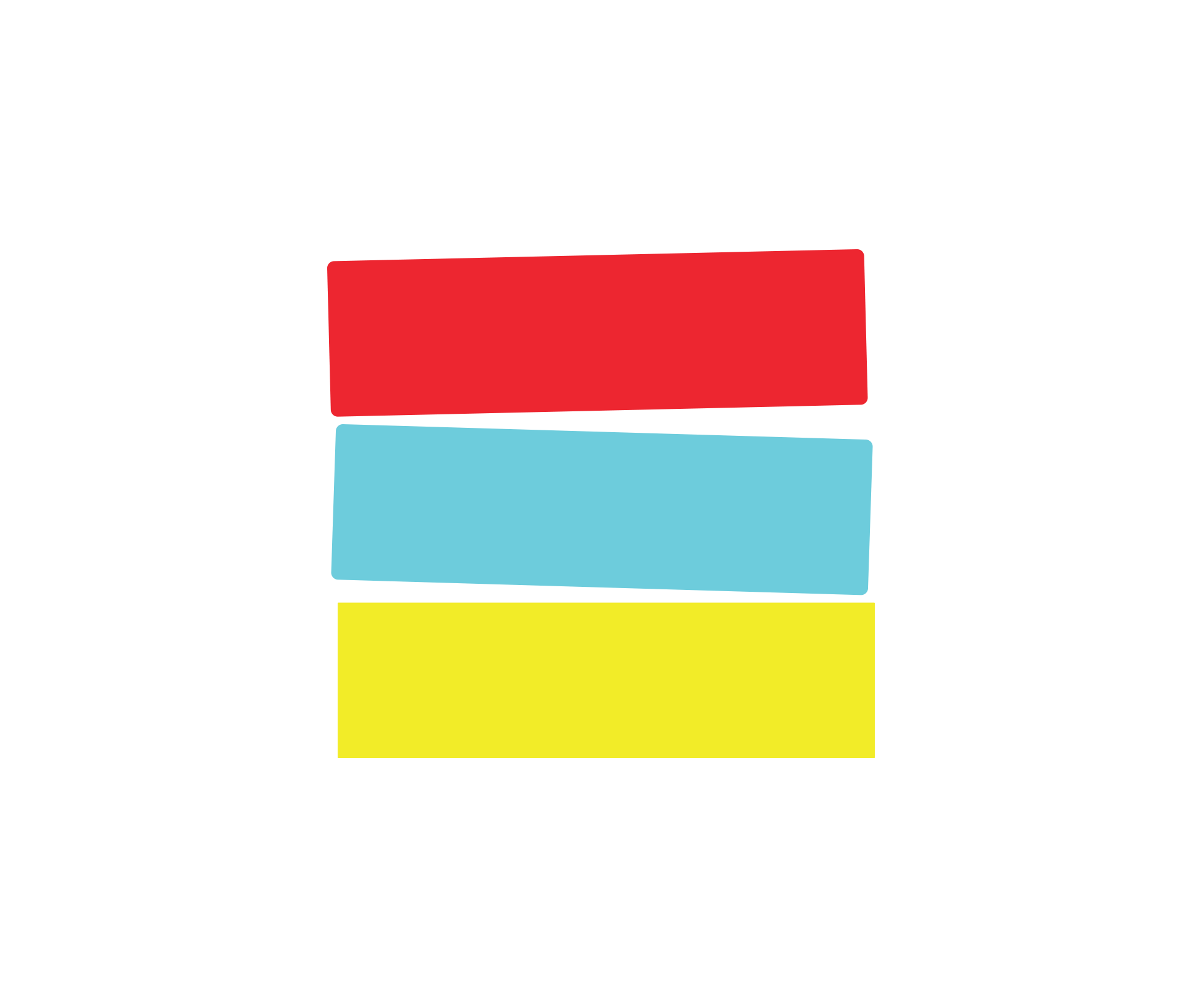Grants
Submission Deadline: OER Grant Applications are now open for 2024! The deadline to apply is May 22nd 2024
These grants are intended for individuals, departments, groups, and institutions (e.g., educators, teaching and learning centres, libraries, and OER working groups) in the Atlantic Provinces to help achieve the following objectives:
There are 3 different tiers of funding that applicants can apply for. Each tier represents a different scope and type of project. OER Sprint projects are also eligible for grant funding. The three tiers are:
Creation of a new open textbook (up to $7,000)
This funding is intended for the development of a new open textbook. The topic should not be covered in an already existing open textbook. This tier is meant for creation projects at a larger scale.
Adaptation of an already existing open textbook (up to $3,500)
This funding is intended for substantive adaptation projects. Sometimes, it can be possible to find an open textbook that covers foundational knowledge, but which needs to be adjusted. For example, the textbook might need adjustments to ensure it adheres to local educational standards, adjustments might be made to make it relevant to the local context (eg, an American business textbook may need adjustments to make it suitable for a Canadian business context), or new examples and interactive elements may be added to a book.
Creating new ancillary materials (up to $1,000)
This funding is intended for smaller creation projects. Ancillary materials can be defined as course materials that are meant to supplement and support a textbook. Examples of ancillary materials include: slide decks, interactive tutorials, and quiz and test banks. Often, ancillary materials can enhance student learning.
Who Can Apply?
At least one applicant must be currently employed by a CAAL-CBPA member institution and either be engaged in or proposing the adaptation or creation of the OER for a credit-bearing course at a CAAL-CBPA member institution. At least one applicant must be able to assign readings for the credit bearing course for which the OER is intended. Single, joint, or team applications are all encouraged.
Eligible Expenses
Support
Support for student research assistants; Support for persons with a particular expertise/skill set not found at the applicant’s institution.
Development
Development of ancillary material i.e. test banks of questions to support open materials, simulations, instructor, lab and studio manuals, presentations, multimedia content, data collection instruments and support for data collection and analysis.
Events/sprints
Events such as “sprints” where content is being created for an OER
Resources
Including, but not limited to, resources for hosting a sprint event (food, office supplies, facility fees, consultation fees, etc.), software, etc.
Proposals will be adjudicated by the CAAL-CBPA OER Committee. This Committee is composed of the six (6) CAAL-CBPA members plus one CAAL-CBPA Board member. In addition, the Committee shall have at least one representative from each member stakeholder group, such as, but not limited to, educators, students, and instructional designers. The CAAL-CBPA Executive Director will sit ex-officio. Members will serve two-year terms.
The Committee will assess all proposals using a single-blind approach. This means that the CAAL-CBPA Executive Director will know the identities of individuals submitting proposals, but during the review process, the members of the Committee will not. It will be the responsibility of the Executive Director to verify that the proposers meet the requirements outlined under “Eligibility Criteria” and have submitted the proper documentation specified under “Submission of Proposals”.
Proposals for funding are judged on:
The Committee will assess all proposals using a single-blind approach. This means that the CAAL-CBPA Executive Director will know the identities of individuals submitting proposals, but during the review process, the members of the Committee will not. It will be the responsibility of the Executive Director to verify that the proposers meet the requirements outlined under “Eligibility Criteria” and have submitted the proper documentation specified under “Submission of Proposals”.
Proposals for funding are judged on:
